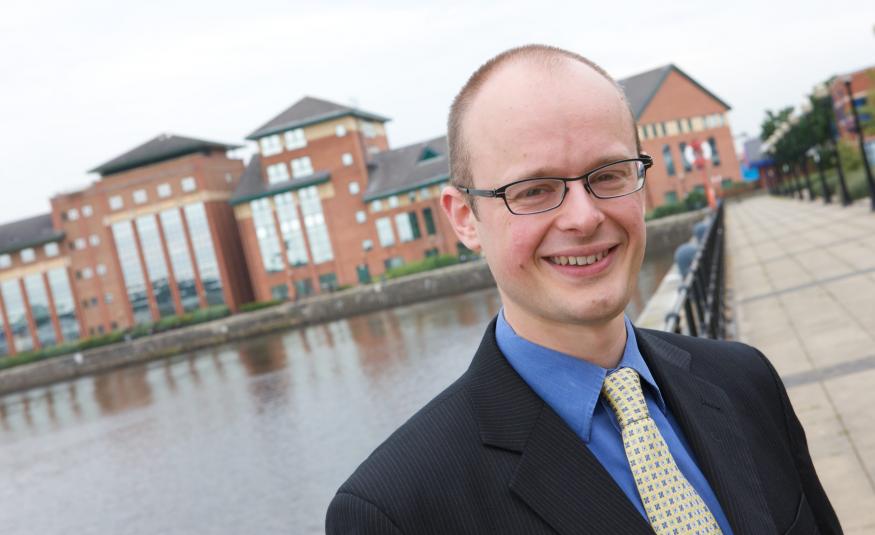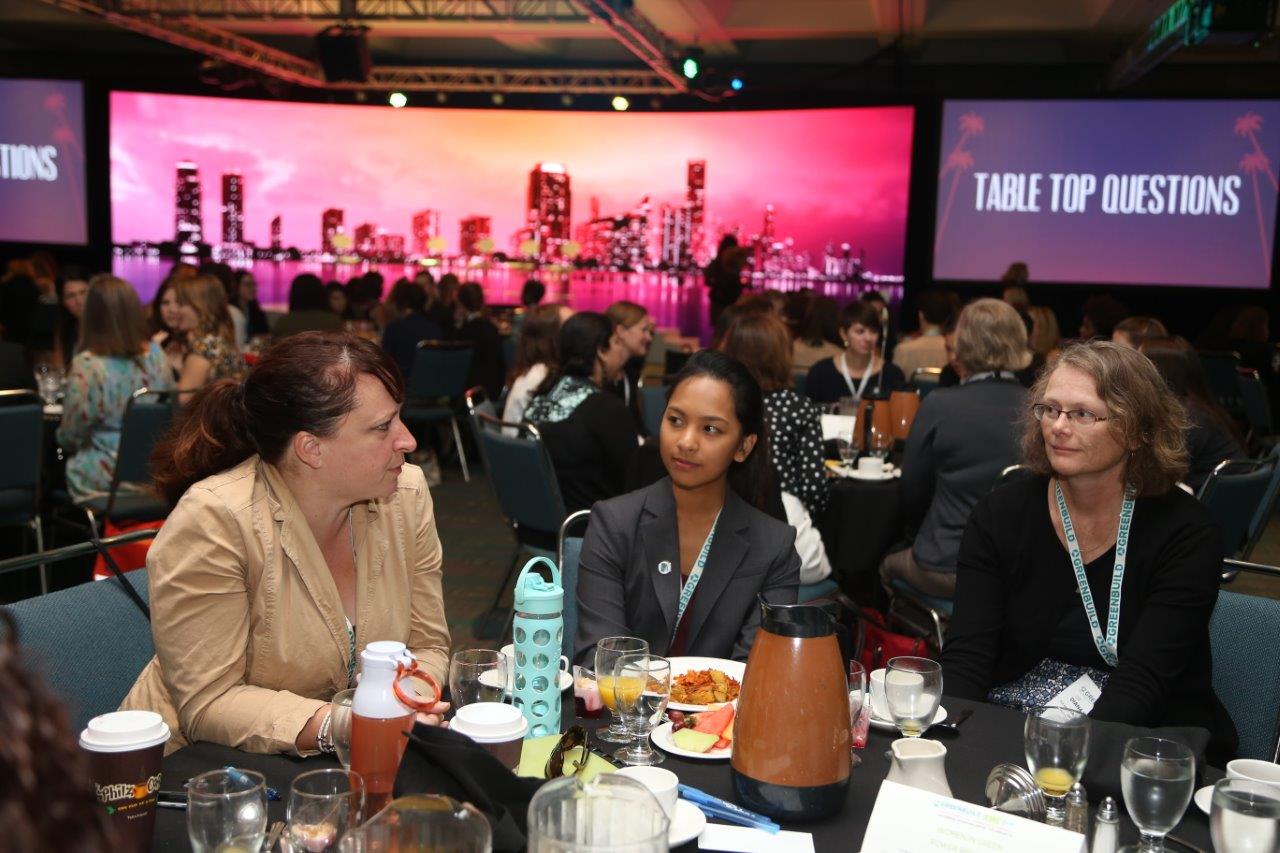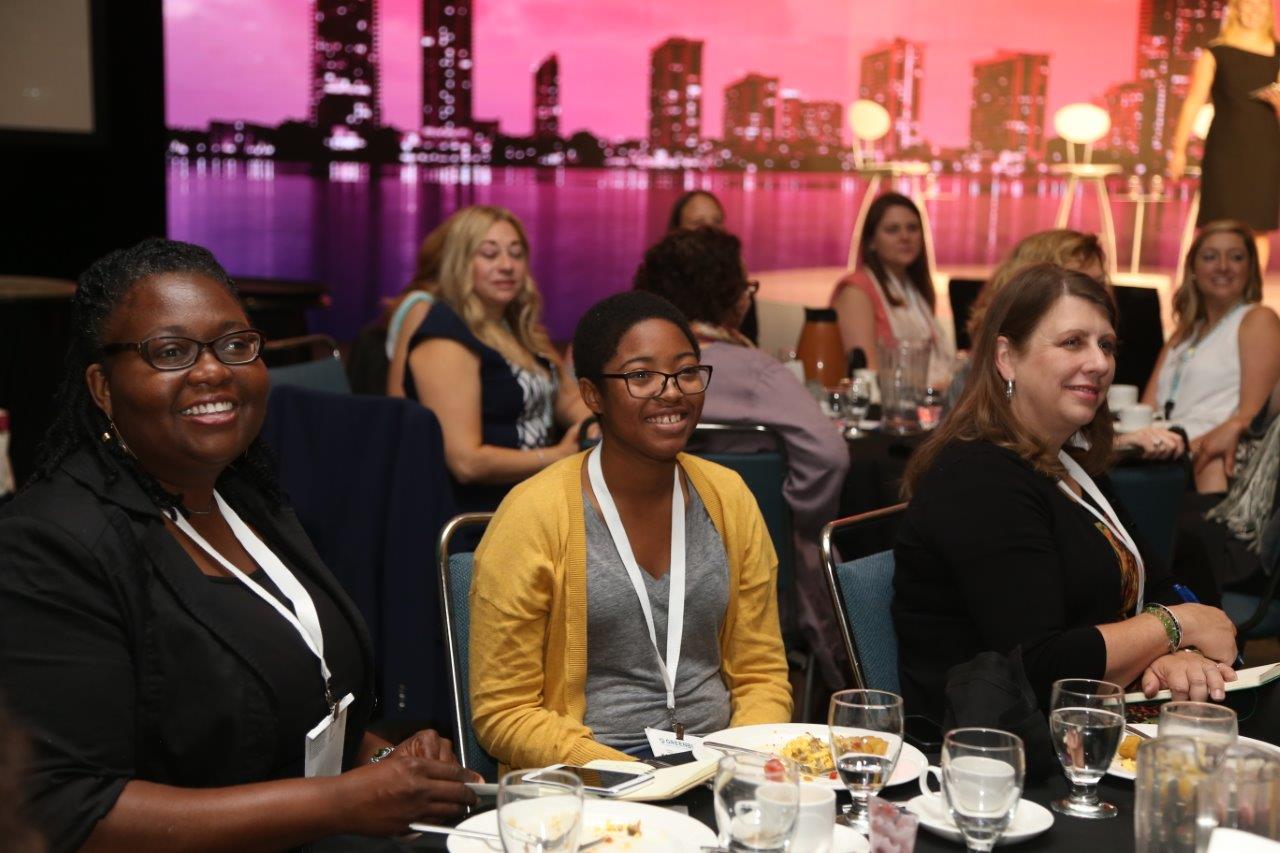Ben Wielgus, head of sustainability for Informa Exhibitions, tells EW that sustainability pays.
I think we can all agree that ‘sustainability’ has grown up. But what does that mean in practical terms for the global exhibitions industry?
As someone who has spent over 20 years helping companies understand the impact of sustainability, I believe that it is a tool that can create real business value by significantly enhancing the experience and value that exhibitors and attendees gain from our shows.
When I first began advising major global businesses on sustainability initiatives in the 1990s, corporate social responsibility, or CSR, was a simple concept: we make our money however we make it and then we do the ‘right thing’ by giving some of it to charity. As it evolved, we dropped the word 'social' and talked about corporate responsibility, or CR: the idea of a business conducting itself as a good corporate citizen. But while these initiatives were not bad, they focused on doing less harm, not creating more benefit or value for the customer.
What excites me most today, however, is how sustainability, as a successor to CSR and CR, can be used to gain competitive advantage. Is there still a ‘halo effect’ to be gained, as with the old CSR model? Yes. Are there cost savings from reducing resource use, as in the CR model? Of course. But the real payoff for show organizers will come from creating sustainability initiatives that make a real difference to our customers.
This requires putting aside the view of sustainability as a cost, and looking instead at the positive impact of aligning our interests, as show organizers, with our customers. In effect, the onus is on us to move from just being show organizers to becoming market makers to the industries we serve. And that requires exploring how we can work with our customers to build resilient communities that extend beyond the three-day physical reality of a show.
At its most basic level, this is nothing more than finding the best way to give our customers what they need. Exhibitors and sponsors want profile and sales. Attendees want to be able to evaluate products and services and make more informed decisions while continuing their professional education and reinforcing and growing their networks. Everyone wants to see new and better ways to improve what they are doing day to day in their roles and their lives.
Once the core benefit of the event is secured we need to look towards making the event sustainable in ways that are relevant and impactful for our customers. Does this mean looking beyond ‘environmental’ and 'social good' issues as ends in themselves? Yes, but not in an arbitrary way. Instead we need to understand the issues the markets we serve are facing and create innovative solutions to address them.
For example, we can work with trade associations and general service contractors to recruit new talent into the industry that the show supports. Often events are the best showcase for the industry and a great way of exciting people about the breadth of opportunity that exists for them. Once attracted, we can provide educational access to young professionals far earlier than they’d normally be able to get it through mentoring programmes and specific core skills sessions. This helps ensure a viable sector, gets great feedback from younger audiences attending our shows and demonstrates clearly that we’re investing in the future of the industry.
We can also explore and showcase emerging industry products and techniques that rely far less on far-flung supply chains and move away from environmentally damaging or increasingly scarce materials. They might also be safer, faster and higher quality and we can choose to demonstrate them thematically at a show level rather than a booth level.
What we must not do is rely on programmes or campaigns that emphasize the ‘good’ we are doing and go no deeper than that. Rather, sustainable practices need to be grounded in each of our events. For example, we are in the process of developing tools for our show teams to engage in an analysis during and after the show in which they ‘grade’ their sustainability in terms of economic, sectoral, environmental and social impacts. Lessons learned can affect planning for the next show, but are also for sharing with other show teams across our company. We believe this is good business practice, as well as ‘doing good.’
I believe that the lessons for our industry are clear. We should continue to practice charity, albeit with a focus on aligning it with the aims of the business. We should still work to be responsible businesses that do less harm to the environment. But the real promise of sustainability lies in creating more benefit for our customers and their end customers.
Bio for Ben Wielgus
After 15 years as a senior consultant with KPMG working with more than 70 global businesses in areas including sustainability and carbon governance systems, Ben Wielgus joined Infoma PLC in May 2016 in the newly-created role of Head of Sustainability. In this position, he is responsible for leading Informa and its Global Exhibitions Division on the value of sustainability and connecting people and knowledge together at its shows in the best way possible.








